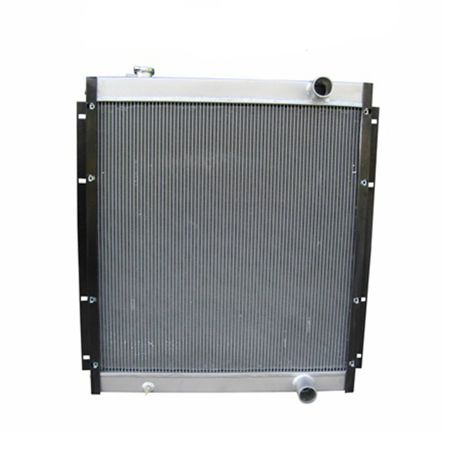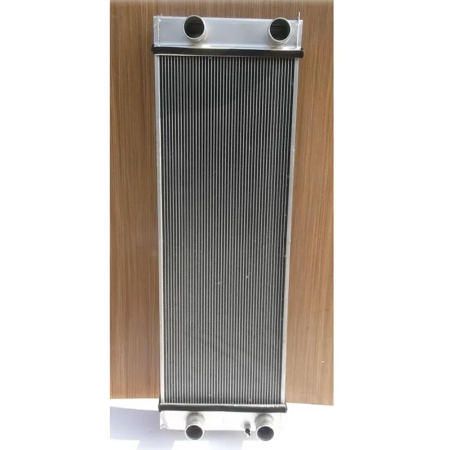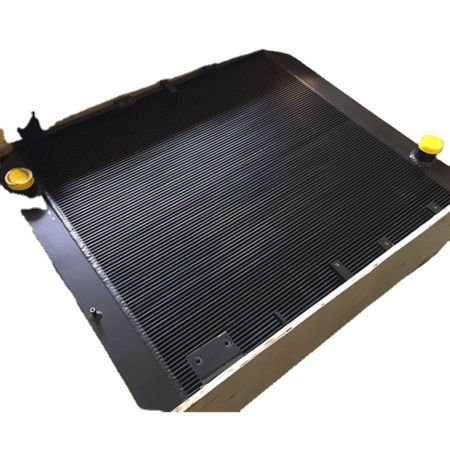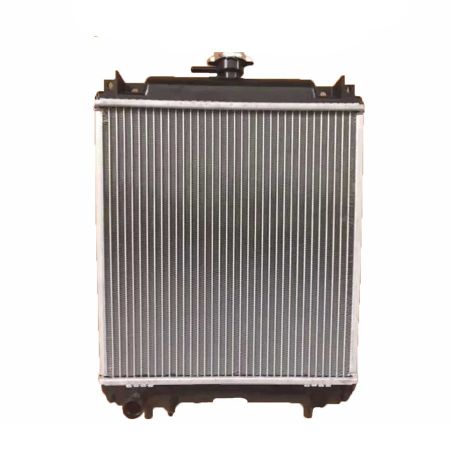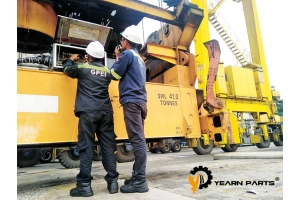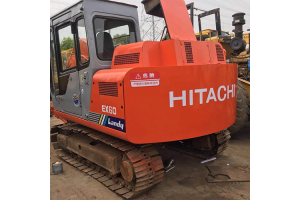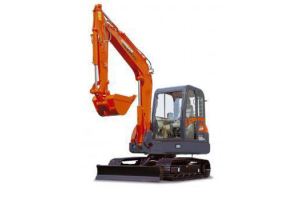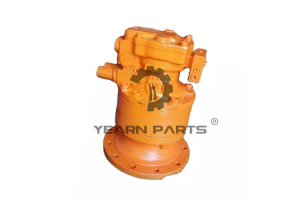Water Tank Radiators: Keeping Engines Cool and Efficient
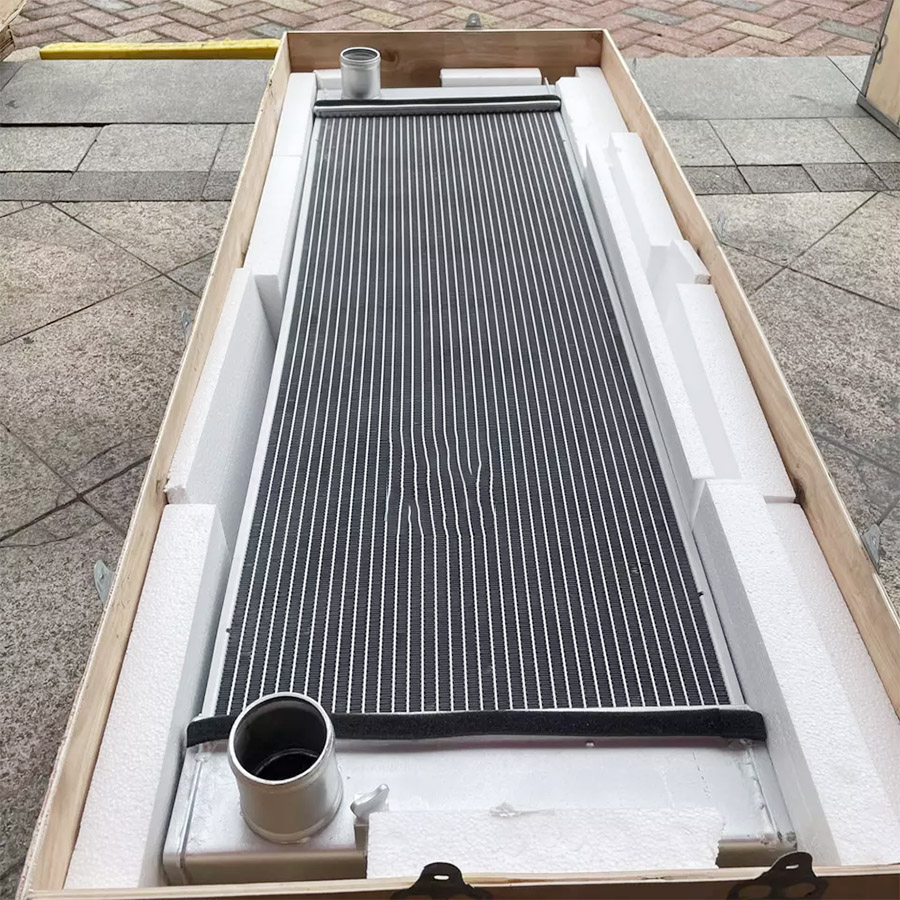
Water Tank Radiators: Keeping Engines Cool and Efficient
Introduction:
Water tank radiators play a crucial role in maintaining optimal engine temperatures, ensuring efficient performance and preventing overheating. These essential components are designed to dissipate heat generated by the engine, keeping it within a safe operating range. In this article, we will explore the functionality, benefits, and importance of water tank radiators in the automotive industry.
Understanding Water Tank Radiators:
Water tank radiators, also known as engine radiators or heat exchangers, are heat transfer devices used in vehicles to cool the engine. They consist of a series of tubes or channels connected to a tank, through which coolant circulates. As the hot coolant flows through the radiator, it releases heat to the surrounding air, effectively cooling down before returning to the engine.
The Cooling Process:
The cooling process starts when the heated coolant flows into the radiator through the inlet tank. Inside the radiator, the coolant passes through numerous small tubes or channels, increasing the surface area in contact with the air. As the vehicle moves, air flows through the radiator, facilitated by the radiator fan or natural airflow, causing the heat from the coolant to be transferred to the air. This process effectively cools down the coolant, which then exits the radiator through the outlet tank and returns to the engine to absorb more heat.
Benefits of Water Tank Radiators:
-
Engine Cooling: The primary purpose of a water tank radiator is to keep the engine cool. By dissipating excess heat, radiators prevent overheating, which can cause severe engine damage. Maintaining optimal operating temperatures ensures efficient combustion, prolongs engine life, and enhances overall performance.
-
Efficient Heat Exchange: Water tank radiators are designed to maximize heat transfer between the coolant and the surrounding air. Their construction, with numerous small tubes or channels, increases the surface area available for heat dissipation. This efficient heat exchange process promotes effective cooling and prevents engine components from reaching critical temperatures.
-
Temperature Regulation: Water tank radiators help regulate engine temperatures, preventing both overheating and excessive cooling. They ensure that the engine remains within the ideal temperature range, allowing for optimal fuel combustion, reducing emissions, and enhancing fuel efficiency.
-
Durability and Reliability: High-quality water tank radiators are built to withstand the harsh conditions of the engine compartment. They are constructed using robust materials that resist corrosion, pressure, and thermal stress. Investing in a durable radiator ensures long-lasting performance and minimizes the risk of coolant leaks or system failures.
Importance of Quality Water Tank Radiators:
Choosing a reliable and high-quality water tank radiator is crucial for optimal engine cooling and performance. At Yearnparts.com, we understand the importance of dependable engine spare parts, including water tank radiators. Our wide selection of radiators is designed to meet rigorous quality standards, ensuring efficient heat dissipation, durability, and compatibility with various vehicle models.
Conclusion:
Water tank radiators are essential components that play a vital role in maintaining engine temperatures within safe limits. By efficiently dissipating heat, these radiators prevent engine overheating, ensure efficient combustion, and enhance overall performance. Investing in high-quality water tank radiators from trusted sources like Yearnparts.com is essential to ensure durability, reliability, and optimal engine cooling. With our range of premium radiators, you can keep your engine running cool, efficient, and protected from potential overheating issues.



